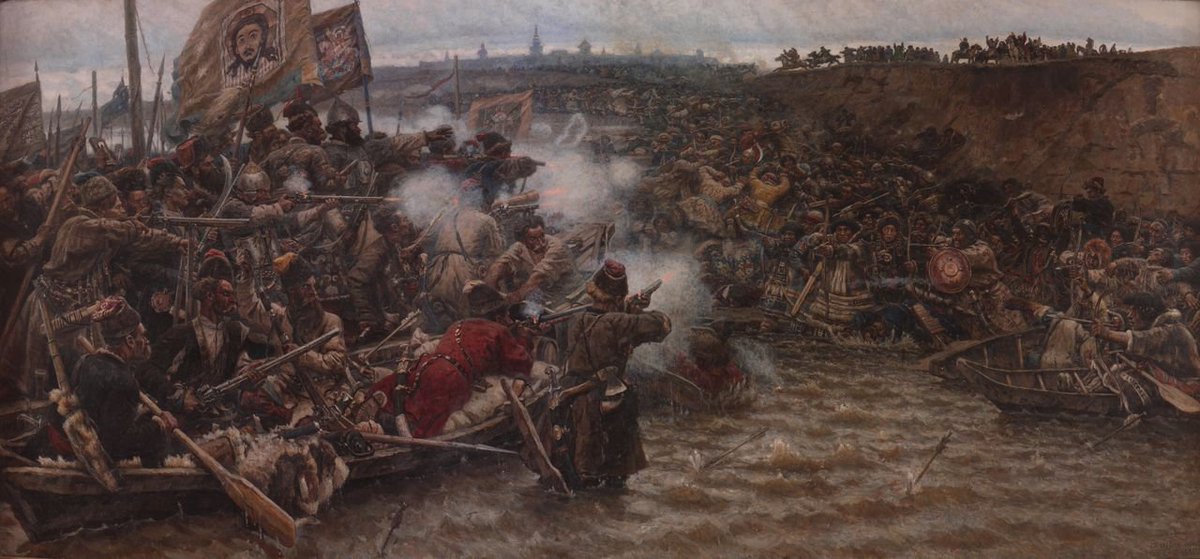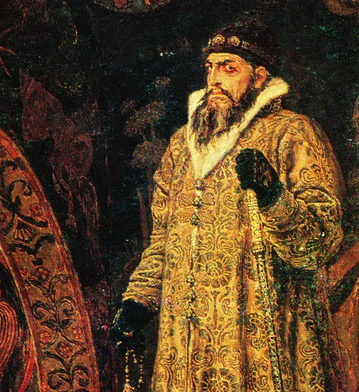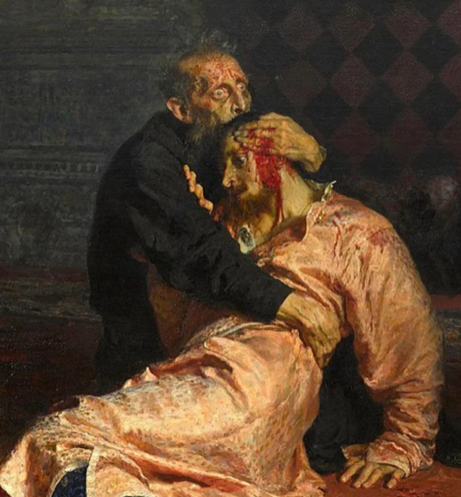🧵
What is the "Russian Imperial Mindset"?
The 'Russian imperial mindset' is very strongly present in many Russians. It is not a 'stand-alone' kind of thing. Jung might have described it as a 'complex' accompanied by a few other peculiarities.
Here's a list:
[..]
1/
What is the "Russian Imperial Mindset"?
The 'Russian imperial mindset' is very strongly present in many Russians. It is not a 'stand-alone' kind of thing. Jung might have described it as a 'complex' accompanied by a few other peculiarities.
Here's a list:
[..]
1/

Elements of the Russian Imperial Mindset:
- a sense of how big Russia is
- an assumption of invincibllity, based on sheer size
- that the size of Russia needs a strongman to be governed
- that this requires a hierarchy with the strongman at the top holding absolute power
2/
- a sense of how big Russia is
- an assumption of invincibllity, based on sheer size
- that the size of Russia needs a strongman to be governed
- that this requires a hierarchy with the strongman at the top holding absolute power
2/

- that only one law applies to those lower in the hierarchy: loyalty (and obedience) or death
- that resistance is futile
- that individuals are dispensible/disposable
- individuals lower in the hierarchy deserve contempt
3/
- that resistance is futile
- that individuals are dispensible/disposable
- individuals lower in the hierarchy deserve contempt
3/

- social relations are governed by contempt, loyalty, showing off richess and power-ralations over morality
- individual drive is governed by attempting perfection (like high notes in education), rising in the hierarchy or acquiring richess, while...
4/
- individual drive is governed by attempting perfection (like high notes in education), rising in the hierarchy or acquiring richess, while...
4/

- inherent cruelty in Russian society is directly related to contempt for those who are (relatively) failing in terms of social or academic success or perceived lack of loyalty or obedience.
6/
6/

- the combination of hierarchy, required loyalty and the drive to acquire richess causes excesses of exploitation and corruption of those lower in the hierarchy with contempt serving as lubricant
7/
7/

- at any level, except at the highest position, you may be treated as a doormat at which point excess vodka is the solution.
8/
8/

- Bragging, showing off richess, social/hierarchical contempt, loyalty as a driving social force and shielding oneself from blame is so pervasive in Russian society that they tend not to be aware that it may not be that pervasive elsewhere.
9/9
9/9

• • •
Missing some Tweet in this thread? You can try to
force a refresh







